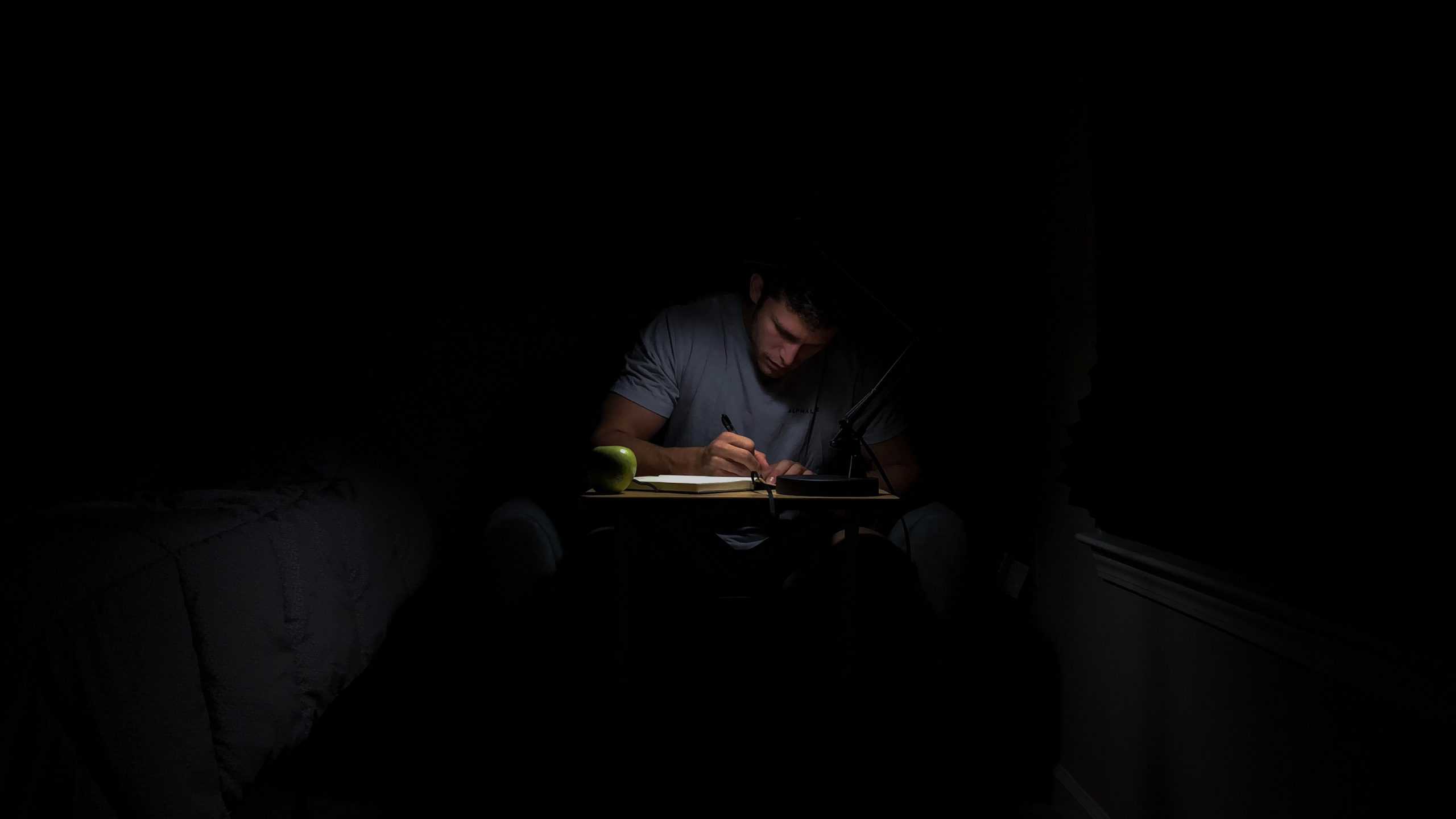Healing is the journey intended in a therapy session, but growth comes in many forms and reading, writing, and journaling for healing, all can complement the therapy process.
We take some time to interview our experienced therapists in Sydney about their ideas on reading and journaling for healing.
Q. People often turn to books, podcasts etc. as a means of therapy. Does this work?
Jacqueline Stone: It’s understandable that when people struggle, they search for answers. One of the first things they discover is that they’re not alone in their pain or feelings of being stuck or lost.
Looking to books, podcasts and other sources is an easy, low-threat way of beginning to reflect and think about taking steps towards help.
The only potential downside is if they then delay getting the help that they deserve. Ultimately, we’re not meant to be alone in our struggles, so reaching out to others, therapy or otherwise, is important.
Jill Schmidt-Lindner: A lot of therapy happens outside of the therapy room. It’s a very positive thing if clients are seeking growth and are curious about themselves and their relationships. Reading and writing can be a very important part of that exploration.
If their search extends to social media, while there can be constructive information and positive resources there, it can also reinforce a sense of pressure to live up to a fake world.
There is an important role here for therapy, reality testing and facilitating the expression of your own beliefs and thoughts, rather than what they portray on social media.

Q: What role has reading, and writing done for you, either personally or professionally?
Jacqueline Stone: I was never one for creative writing or even for keeping a diary. However, I’ve discovered that writing can be an invaluable introspective tool. Writing is a muscle that you can strengthen with use. It’s not for everyone, but you may be surprised if you’re inclined to give it a go.
Reading has always been a passion that comes and goes in both my personal and professional life. I love the learning, the escape, and the humanity I discover from reading. There is excellent therapy to be found in stories. When you’re struggling with stress, depression, or anxiety, it can be difficult to read and concentrate, but sometimes audiobooks still offer relief.
Jill Schmidt-Lindner: For me, writing has been a wonderful tool for personal development and creativity. Creativity can be a big part of therapy: to create new ideas and possibilities.
Creativity can get stifled in relationships, in work, and in life. Therapy can safely enable personal creativity. In this way, journaling can support this too. It is a therapeutic process, a creative way of working with yourself. It can bring healing and show parts of our internal world that may not be known.
Dominique Smajstr: Writing for me is both a pleasure and a practice that supports my professional and personal development. Writing about my ideas, concerns and feelings helps me to pause and reflect to gain clarity before I act, which helps me live a balanced life connected to my values.
Writing has also been a powerful way for me to tell my story, from which I have found much solace, and it has been an important investment in my emotional well-being.

Q: Some clients are long-time journalers, some take it up during therapy. Is journaling for healing a good thing?
Dominique Smajstr: I think journaling has an inherently therapeutic quality, as it can be a validating and cathartic process. It provides you with the opportunity to express your innermost thoughts and feelings in a safe and private way, as well as offering a space for meaningful reflections.
Journaling can make sense of your experiences, and, in therapy, it can explore recurring themes, patterns, beliefs, wishes and challenges. I think journaling can be a very meaningful adjunct to therapy.
Jacqueline Stone: Journaling, doing ‘morning pages’, or keeping a gratitude diary is an excellent therapeutic tool. If it is not your thing, there are other ways of creating a reflective frame of mind, like walking or swimming.
We spend so little time doing nothing, with our phones always ready to provide external stimulation and there’s little time for thoughts and feelings just to emerge. Like doing therapy, journaling can be challenging but offers a way to reflect, express ourselves and decompress.
Jill Schmidt-Lindner: Writing is a positive and helpful way of externalising thoughts and feelings. It can help to stop the rumination inside. It can be a significant element of personal processing. (However, if you find it extends a negative cycle of thinking, it can do more harm than good — you will recognise if this is the case.)
While it is not for everyone, writing or journaling can be a way to make things concrete, to help us remember and to help us process.
Did you enjoy this?
View more interviews with our experienced counsellors in Sydney’s CBD.
How exercise can help with mental health with Jacqueline Stone.
How individual therapy can help with relationship problems with Dominique Smajstr.
The effects living abroad can have on mental health with Jill Schmidt-Lindner.






